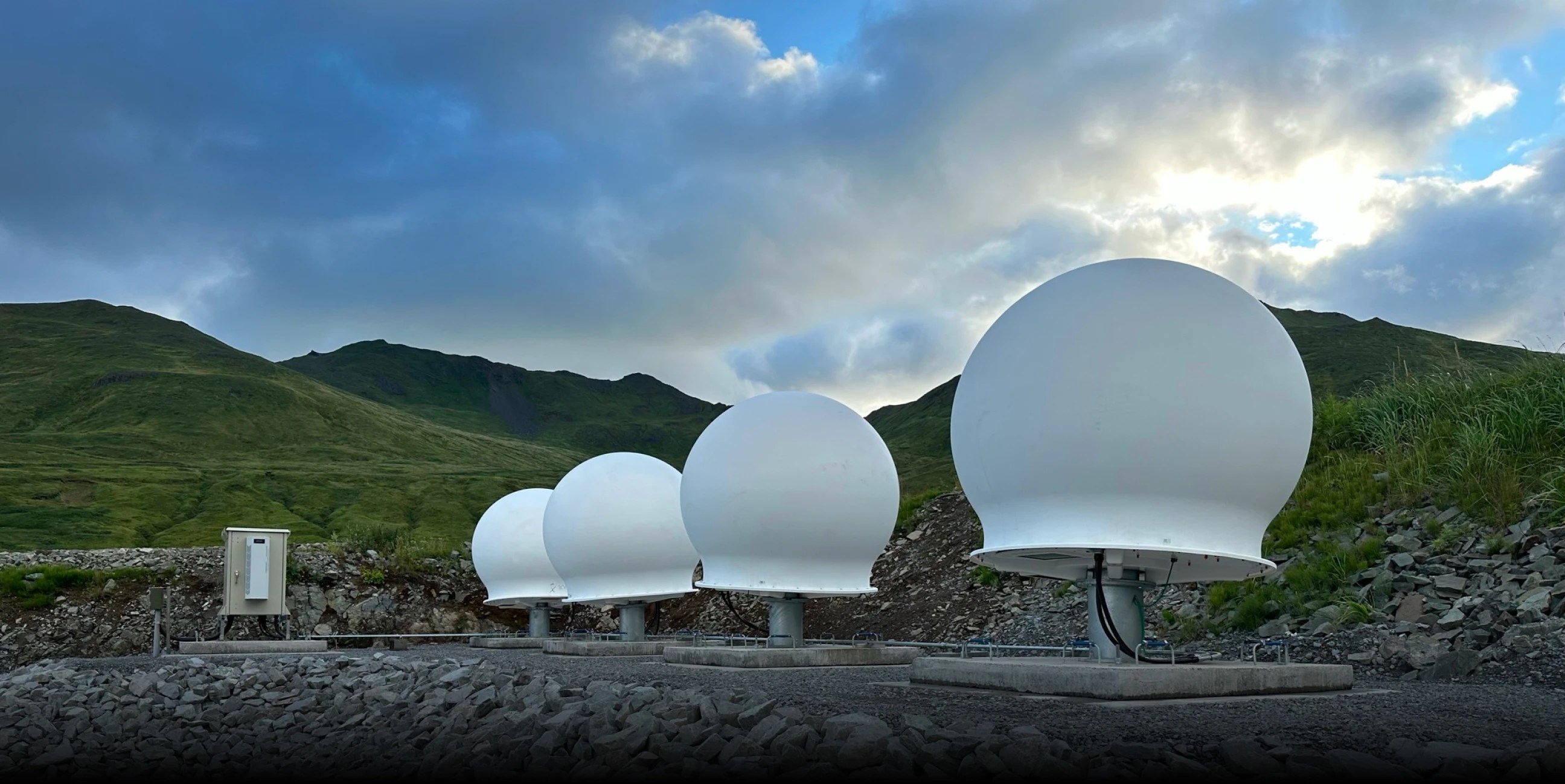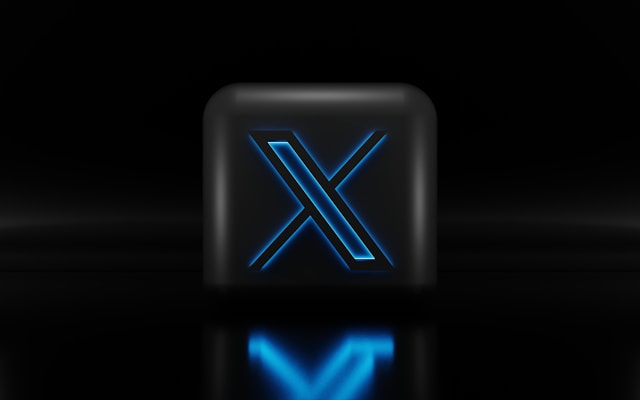On Tuesday, the Federal Communications Commission (FCC) approved a license for T-Mobile and SpaceX’s Starlink unit to provide supplemental internet coverage from space. According to Reuters, this is the first time the FCC has given a satellite operator and a cell carrier permission to provide coverage from space using spectrum bands allocated to terrestrial service. The goal of the partnership is to eliminate “dead zones” and provide coverage in remote areas.
T-Mobile and SpaceX first announced the partnership in 2022. SpaceX CEO Elon Musk said at the time that by connecting many existing mobile devices to satellites, the two companies would end the need for cell towers and offer coverage where it doesn’t yet exist.
FCC Chair Jessica Rosenworcel shared the following statement about the plans: “The FCC is actively promoting competition in the space economy by supporting more partnerships between terrestrial mobile carriers and satellite operators to deliver on a single network future that will put an end to mobile dead zones.”
SpaceX satellites feature direct-to-cell technology that will work with T-Mobile’s existing network, which reaches hundreds of millions of Americans. That said, the cell carrier has noted that over 500,000 square miles of the US is still unreachable by towers.
This approval comes just weeks after the FCC allowed Musk’s SpaceX and T-Mobile to provide direct-to-cell coverage for areas of North Carolina impacted by Hurricane Helene.
T-Mobile and Starlink is the first approved partnership, but Reuters notes that other companies have sent in applications for similar services that are pending review by the FCC.










